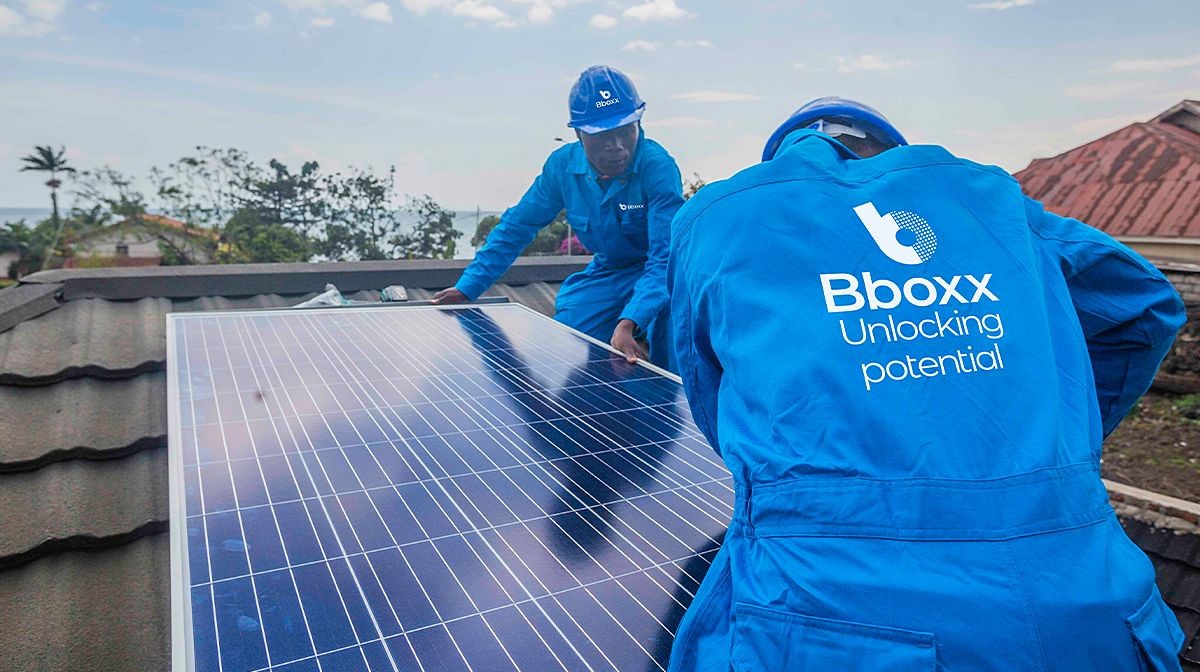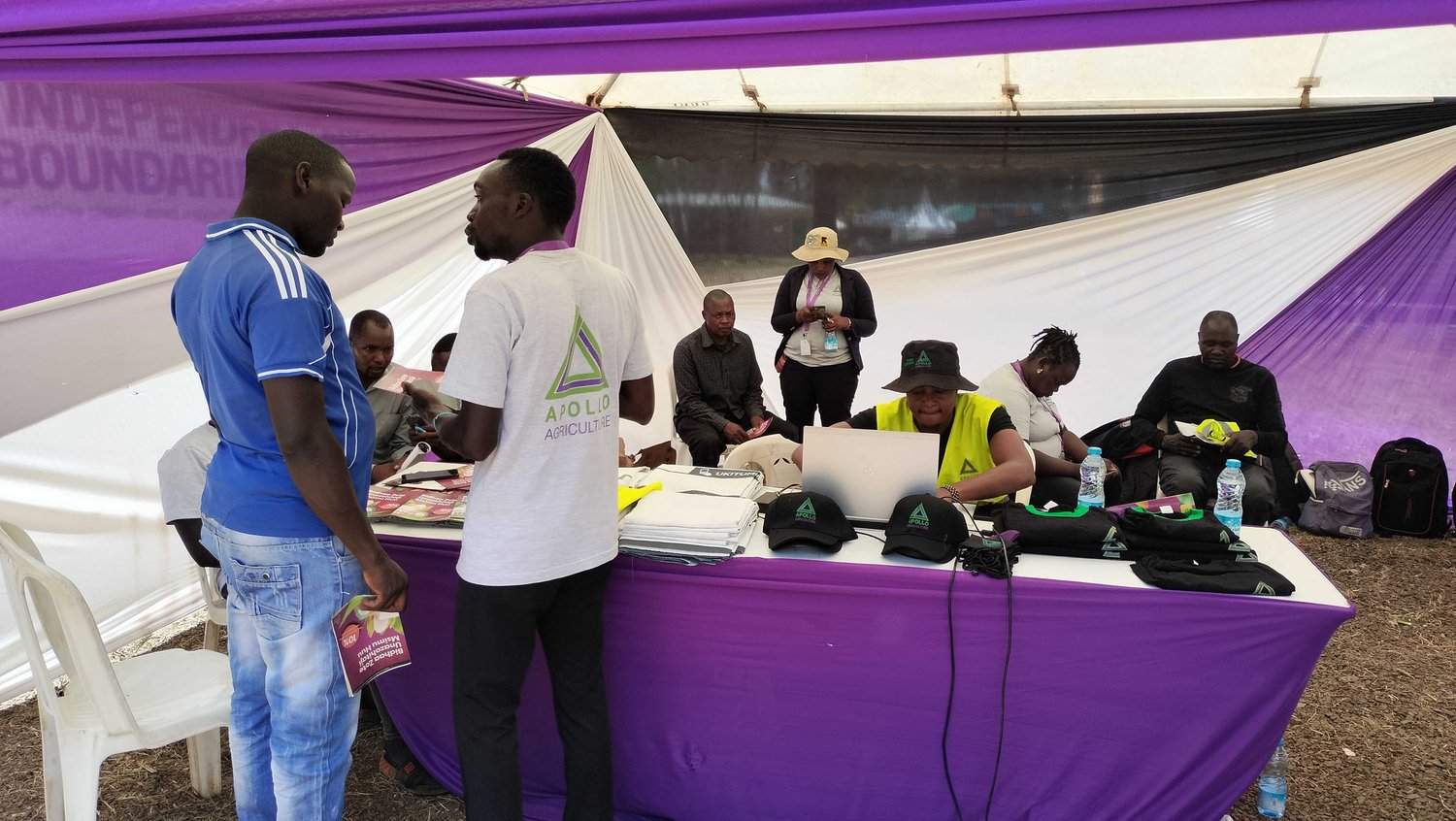In the last decade, Africa has seen an unprecedented increase in the number of scalable ventures and entrepreneurial activity. This rise is being driven by a new generation of innovative entrepreneurs who are leveraging technology to drive growth and make a significant impact across the continent, as well as attract more investors who are interested in Africa’s potential.
According to Africa the Big Deal, by Q4 of 2019, funding raised by African startups hit $0.7bn, surging to $1.8bn in Q1 of the 2022 financial year, with a total of 125 startups making up this figure. In 2023, African startups raised $2.9 billion in funding, with the big four (Nigeria, Egypt, Kenya, & South Africa) retaining their position as the top investment destinations in Africa. As of February 2024, startups across Africa raised a total of $217 million, representing a 182% increase when compared with January.

Image Source: Moove. The African startup offers vehicle financing for mobility entrepreneurs
Though the investment landscape in Africa offers many opportunities for investors and startups, finding the right partner remains a challenge for investors and small businesses across the continent. Identifying suitable firms or trusted partners is one of the obstacles for investors looking to invest in African startups, while entrepreneurs face the challenge of attracting the right investors to their businesses.
In today’s complex business environment, where even some of the most recognised names compromise on integrity, it has become important for investors and business owners to have the right partners for growth and investments. While it is critical for investors to know the health of the company they intend to invest in, entrepreneurs seeking financing should study potential investors for any red flags.
But what does it take to build a fruitful partnership between African founders and investors looking to invest in African businesses? During our recent webinar on “Fostering Institutional Investment in Africa,” Anthony Osijo, Group CFO of Bboxx, gave valuable insights into how both investors and entrepreneurs may build fruitful partnerships in the dynamic African market.
 Image Source Bboxx: Bboxx is transforming lives and unlocking potential by connecting consumers and deploying innovative energy solutions across Africa.
Image Source Bboxx: Bboxx is transforming lives and unlocking potential by connecting consumers and deploying innovative energy solutions across Africa.
Key insights include:
For African startups and businesses:
Understanding Investors’ Interests: Understanding that different investors have different interests is key to attracting the right investors. The investment goals or interests of traditional institutional investors, like private equity and venture capitalist firms, differ from those of development finance institutions and impact investors as well as sovereign wealth funds. Your investment proposals must be tailored to align with the interests of different types of investors. A recent Morgan Stanley report reveals that more than three-quarters (77%) of global investors are interested in sustainable investing.
Value Proposition: Clearly articulate the value your business brings to the table. Your value proposition should be clear, concise, and compelling. It should be easy for investors to understand what your business does and why it is different from other businesses in your industry.
Long-Term Perspective: Seek investors who have a nuanced understanding of Africa and are committed to long-term partnerships. Pitch for investors looking beyond the temporary market trends in Africa and fusing on the fundamental values and growth potential of the business on the continent. This will help you avoid making impulsive moves toward investors for your business. IMF Global Financial Stability Report, which looked at the underlying drivers of investment decisions by institutional investors, found that this type of investor usually have a long investment horizon, with obligations that often stretch out over decades.
 Image Source: Apollo Agriculture Kenya-based agritech Apollo Agriculture, helps farmers access farm inputs, financing, and markets.
Image Source: Apollo Agriculture Kenya-based agritech Apollo Agriculture, helps farmers access farm inputs, financing, and markets.
For potential investors in Africa:
Resilience: There are obvious barriers associated with investing in Africa, including governance and regulations. Investing in Africa requires resilience and staying power due to its unique challenges and opportunities. However, there are huge benefits for investors who look beyond the short-term benefits.
Local Expertise: Partner with entities that have a deep understanding of the African market and its nuances. Before partnering with an investor, ensure their values and vision align with yours. A shared vision and core values create a strong foundation for a successful partnership.
Considerations: Focus on companies that have a history of revenue growth and a promising future growth trajectory. Assess growth potentials, returns, and financial propositions when making investment decisions.
Navigating the dynamic African market to form effective partnerships requires a deep understanding of its complexities and nuances. ETK’s due diligence services help bridge the gap between potential investors and African startups, making the journey more streamlined and focused. By aligning interests, articulating value propositions, and creating long-term strategies, entrepreneurs can attract the right investors, while investors can leverage local expertise and resilience for sustainable growth. In this ever-evolving landscape, developing partnerships based on shared values and visions paves the way for mutual success and impactful contributions to Africa’s business ecosystem.
